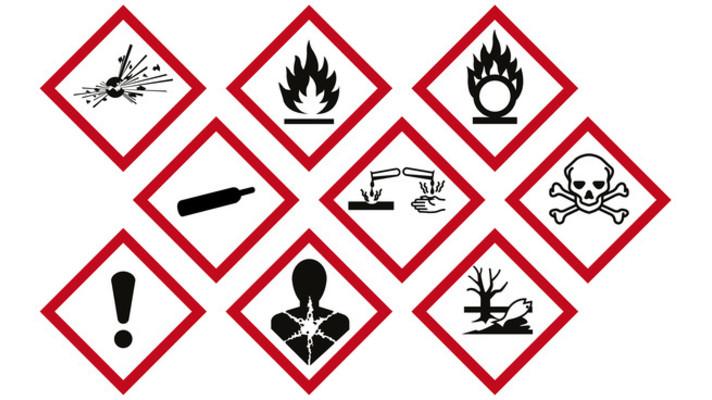FEATURE - Reaching Balance: Europe Weighs Health Verses Industry
| BRUSSELS - What price Europe's health? The question lies at the heart of a debate over a draft chemicals law that detractors say could cost Europe its dominance of the lucrative sector. |
The law, known as REACH, would require the testing and licensing of thousands of commonly used substances, like those in paint and detergents, to determine whether they pose a threat to the environment and consumers' health. Chemical makers bemoan the multi-billion-euro price-tag and the reams of red tape that may be needed to implement the bill. Some say REACH could cost Europe its place as world leader in chemical manufacture. The United States, worried its exports might be hit, has said the law could disrupt global trade. But environmentalists and health advocates say the 500-billion-euro a year chemicals sector must be held more accountable and say the bill will spur innovation. The REACH legislation has been in the works for nearly 7 years but the next few months will be crucial as the draft law moves through committees in the European Parliament with a vote of the full body scheduled for November. The EU's 25 member states must also give their approval. Britain, which holds the EU's rotating presidency, wants a deal by the end of the year, although some say that is optimistic. Behind the somewhat tortuous legislative process lies a conflict between the values of business, in a region struggling with high unemployment and stagnating economies, and the EU's much-vaunted social and environmental credentials. "Our very high dependence on complex chemicals is not matched by sufficient knowledge about their potential risks and long-term effects," EU Environment Commissioner Stavros Dimas said in a recent speech. "Such a situation is simply unacceptable," he said.
REACH, which stands for Registration, Evaluation and Authorisation of Chemicals, is designed to protect people and the environment from possible adverse effects of chemicals found in a wide range of products from cars to computers. Chemical makers would have to register the properties of substances with a central EU database. Those of highest concern, like carcinogens, would undergo a risk assessment and the most dangerous chemicals would require a special authorisation. The EU Commission forecasts REACH will cost the chemical industry 2.3 billion euros ($2.8 billion) over 11 years. Total costs to industry -- including sectors like metals, textiles, electronics and cars -- are estimated between 2.8 billion and 5.2 billion euros. The Commission said REACH would create health benefits worth 50 billion euros over 30 years. Industry groups have forecast greater expenses but their opponents say recent studies show costs would be manageable. Thomas Jostmann, executive director of chemicals lobbying group CEFIC, said direct costs could be as much as 10 billion euros over an 11-year period. Indirect costs would be higher. "If you have to withdraw a substance from the market, if you lose market share, if you lose your customers, the impact is much higher than the direct costs," he said. Environmentalists, who say the bill has already been watered down, fear industry concerns will render REACH even less effective. "Whatever way you look at it, the benefits significantly outweigh the costs of REACH," said Justin Wilkes, toxics programme officer at global conservation group WWF.
Small and medium-sized businesses are likely to find the rules hardest to swallow and lawmakers could address this. Other points to be discussed include whether firms should be required to substitute safe substances for dangerous ones. "It's very important for industry not to be deprived of substances when we have not -- at reasonable costs -- a substitute. And if the use of these substances is nevertheless fully safe," said an official at business group UNICE. Environmentalists want substitution to be mandatory. "If there are safer alternatives, why continue using chemicals that are of very high concern?" said Lisette van Vliet, toxics policy advisor for the Sweden-based International Chemicals Secretariat. Perfluorooctane Sulfonate, used in non-stick frying pans and pizza boxes and thought to disturb hormones and possibly cause cancer, would be a good candidate for substitution, she said. The question of how substances in imported articles should be covered will also be debated. The United States and other trade partners are already on alert. "We have a very general concern that these requirements could create some distortions in trade flows," said Christopher Wilson, trade policy attache at the US misison to the EU. He said the US was encouraging the EU to make the bill "workable". The EU Commission's role is officially hands-off while the draft law goes through the legislative process but it still must approve any amendments that are adopted by parliament. Those can then be rejected or accepted by member states. |
Story by Jeff Mason |
REUTERS NEWS SERVICE |
